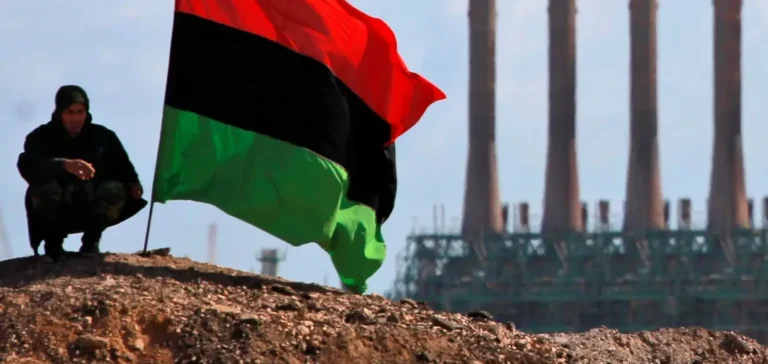Energy giants BP and Shell have signed separate memoranda of understanding with Libya’s national oil company, the National Oil Corporation (NOC), to evaluate development opportunities for several oil fields in the country. These agreements aim to bolster Libya’s national production, notably by restarting operations that have been halted for several years due to political and military tensions. The signing of these agreements comes at a strategic moment for Libya, as its oil production levels have significantly increased since the beginning of the year. The NOC has expressed its intention to continue this upward trend by significantly ramping up extraction rates over the next few years.
BP targets historic Sarir and Messla fields
Under this agreement, BP commits to an in-depth technical and economic feasibility study for resuming operations at the Sarir and Messla onshore fields located in the Sirte basin. These fields hold major strategic interest due to their size and initial productive potential, although they have been largely neglected over the past decade due to security instability. BP also plans to assess the possibility of exploiting unconventional resources in this hydrocarbon-rich region, potentially opening another avenue to boost Libya’s national oil production.
According to William Lin, Executive Vice President for Gas and Low Carbon Energy at BP, the agreement underscores the British company’s firm commitment to strengthening its presence in Libya. NOC Chairman Masoud Suleman, present at the signing ceremony, clearly expressed his desire for BP to play a significant and lasting role in revitalizing Libya’s national oil industry. This partnership recalls BP’s previous successful agreement in Iraq, where it revitalized mature oil fields in the Kirkuk region.
Shell positions itself in western Libya, near Algeria
For its part, Shell concluded an agreement to assess development prospects at the Al-Atshan oil field, located in the Illizi basin in the west of the country near the Algerian border. This protocol involves a detailed economic and technical analysis of the targeted fields, which are entirely owned by NOC. Shell, through a spokesperson, confirmed this strategic initiative without providing further details regarding the timeline or exact terms of future studies. The region is particularly attractive due to its geographic proximity to existing petroleum infrastructure.
Despite complex political and security conditions for over a decade, Libya remains a key player in the international oil market thanks to its significant hydrocarbon reserves. NOC recently declared an objective of reaching production levels of 1.6 million barrels per day (b/d) by 2026, with an even more ambitious target set at 2 million b/d by 2030. This increased output is considered essential to ensure the economic stability of the country, whose revenues depend heavily on the petroleum sector.
Persistent challenges for a crucial industry
These initiatives occur within a still precarious context, marked by internal political tensions that frequently disrupt oil operations. The country’s energy infrastructure remains highly vulnerable to frequent disturbances caused by political instability and regional armed conflicts. Despite this, Libyan authorities continue to demonstrate their willingness to attract new foreign investments to sustainably restore the national economy through a solid recovery in hydrocarbon production.
The agreements with BP and Shell are part of a broader strategy of diversifying strategic partnerships aimed at sustainably securing infrastructure and maximizing the economic potential of Libya’s oil reserves. While international observers remain cautious about the long-term viability of such projects in a volatile environment, the companies involved have expressed their determination to continue their technical and financial evaluations toward potentially substantial future developments.






















